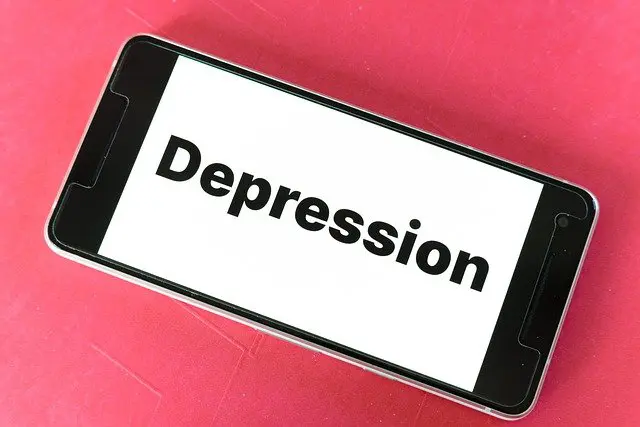As biological creatures, we have always been susceptible to diseases, may it be viral, bacterial, chemical, psychological, and physical. If we are not being crushed by the forces of physics, we are also being bombarded with harmful pathogens day by day, especially that the current state of our environment is now providing a rather unhealthy habitat for us. Add that fragility to the economic issues we presently have and what we will see is a very sick person who can be a pauper if his healthcare is not insured when the government is not providing it for free.
People who are aspiring to be health coverage specialists need certain courses for them to pursue the career. Insurance training Houston courses are designed to prepare them for the certified medical insurance specialist exam. Here is an overview of the training coverage.
Terminology is taught first in the course. Any jargon related to medicine, physiology and anatomy, and indemnity are embedded into the minds of the students. This is to make sure that when they become professionals, they can clearly communicate not just with coverage companies but also with the people of the medical field such as patients, physicians and nurses.
The process of billing and coding are taught next. Because the claim of the patient may be rejected if the correct process is not followed or if there is an error in classifying his predicament, this is vital knowledge in the part of the aspiring specialist. They should learn the international classification of diseases and the standard procedural terminology classification.
Students also learn the claims process. This is where they can track insurance claims and learn the types. Hence, they will be able to resolve problems when an error has occurred such as in billing and when the claims get rejected.
They will also be taking lessons for office technology. They should know how to use software applications in medical offices and learn to use electronic communication, especially in the internet and tech savvy working environment we have today. Encoding information, word processing documents, accessing spreadsheets online, and billing through electronic systems are a few of what they can expect from this course.
Since being a healthcare coverage professional is medicine related, they should also have what doctors, nurses, paramedics, and drug distributors have in common, which is the knowledge of the human body. As the finale of the program, a course about human anatomy and physiology is taught. The terminology classes in the earlier part of the program are now applied in understanding the pathology of diseases, conducting lab tests, and knowing the medical procedures that follow.
After being able to pass the courses, a certificate of completion is given. They are continuing programs, however, and include classroom instruction lasting twenty three to twenty five hours. Training classes plus two year degrees may also earn them an associate of applied science degree in medical office specialization.
Course requirements include a bachelors degree in business related majors such as economics or finance. Otherwise, ample work experience is needed, depending on the insurance company. They must also be knowledgeable with legal and technical terms.
Read more about What To Expect During Health Insurance Training.



